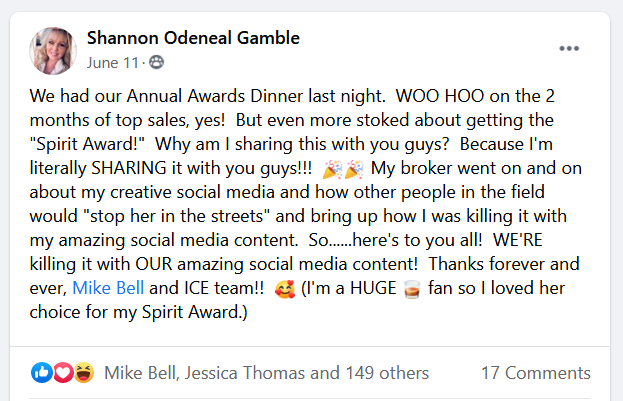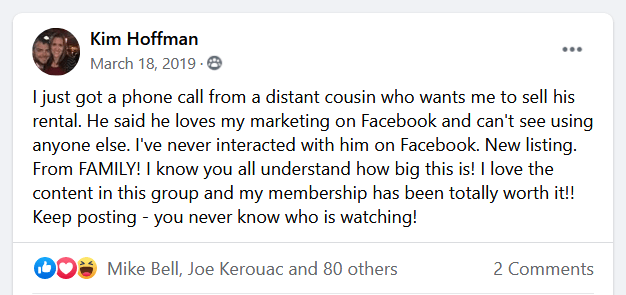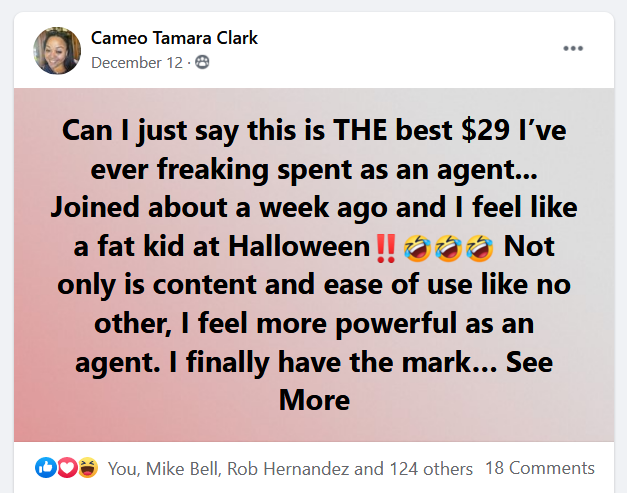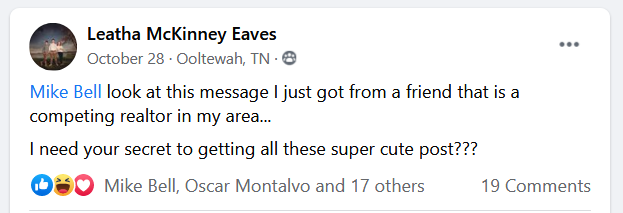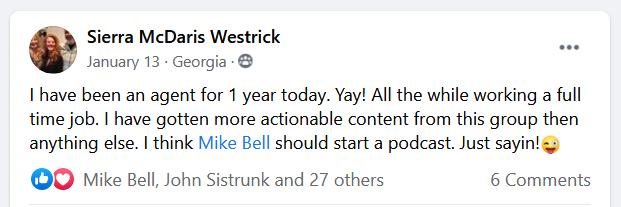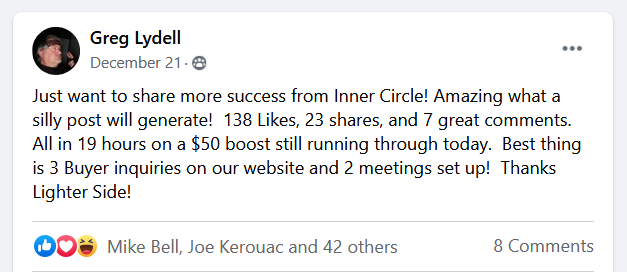
27 Creative Business Cards To Stimulate Your Inner Marketing Genius
When you hand someone your business card, you’re giving them a small, but important introduction to who you are. Much like resumes and cover letters,



If you’re planning on buying a house, the recent changes to how you interact and compensate a real estate agent might be a bit confusing.
Due to the settlement of a class-action lawsuit, home buyers are now required to sign a written agreement with an agent before they’re allowed to show you even a single house, and part of that agreement deals with how much your agent will get paid.
Considering buyers have never had to do this in most areas of the country, this might leave you looking for advice on whether or not to even sign one of these agreements, and how much compensation you should agree to.
And if you came across this Fast Company article (with some tips directly from an attorney behind the lawsuit), there’s a good chance you’d use that information when interacting with real estate agents.
Here are some of the suggestions the article and attorney make, along with some things to consider before taking the advice:
Things to consider: The article even says that it might be difficult to get an agent to agree to doing this, so obviously it’s not the most credible suggestion. But it’s not necessarily because agents would just turn their nose up at the concept of being paid to show you a single house…
Even if an agent will consider doing it, you need to keep in mind that it would be difficult for an agent to collect a fee to show you a property each and every time. They can’t just personally accept cash, check, or Venmo, because (by law) you need to pay their broker. Then their broker would take a certain amount of that money, and pay the agent a portion of it.
So if you’re looking to pay an agent to simply show you a house every time you want to see one, keep in mind that the $25 rate suggested in that article wouldn’t be all that easy to process, and it probably wouldn’t be all that enticing to an agent weighing how to spend their time, and who to spend it with.
Things to consider: There have been agents offering flat fee services for years, and it can certainly be a great way for some clients to hire an agent. But every agent decides on their own fee structure, and to suggest that a flat fee is the “best” option could close you off to working with the best agent you could hire, if they don’t want to work for a flat fee.
Saving $10,000 by offering someone a flat fee might sound appealing, but you could be better off hiring an agent who costs more on a percentage basis, who can better help you save at least that much on your purchase with their knowledge and skills.
That’s not to say that an agent charging a flat fee is necessarily less skilled than one charging a percentage, it’s just to say that paying a flat fee is not necessarily “better” for buyers. It’s an option, but keep all of your options open, and consider who the best agent is to hire for yourself.
Things to consider: You probably won’t have a difficult time finding agents who are willing to agree to these terms moving forward.
The reality is, having to agree to either of these two things isn’t something new to most buyers’ agents. Historically they have helped buyers for weeks, months, and even years at a time, without any form of guarantee that they will be paid a dime, or receive any loyalty from the clients they work with.
But knowing that, perhaps you might want to give your agent a firm commitment and guarantee. After all, wouldn’t you want some assurances if someone was asking you for your time, advice, and skills? When you find a buyers’ agent you want to hire, consider giving them assurances that you’re not only serious about the process, but also serious about working with them.
Just as lawyers have varying fee structures and methods of charging for their services, so too do real estate agents. Each agent has their own way of structuring their compensation, tailored to the expertise and value they bring to the table. Suggesting how agents should be compensated, or implying that one method is better than another, is a bit like a real estate agent telling a lawyer how they should bill their clients. It’s simply not appropriate.
Much like you wouldn’t show up to court and pick whatever lawyer is willing to meet you there that day, don’t choose an agent by meeting them at a house you want to see. Start searching for the best agent to hire before even beginning your home search, and have open conversations with your agent about their compensation ahead of time.
Ultimately, choosing an agent is about finding someone you trust to guide you through one of the most significant transactions of your life. And just as agents respect the autonomy of lawyers in their professional practices, it’s wise to afford real estate agents the same courtesy, allowing them to offer the expertise and service they believe will best meet your needs.
The Takeaway:
Due to the settlement of a class-action lawsuit, home buyers are now required to sign a written agreement with an agent before they’re allowed to show you even a single house, and part of that agreement deals with how much your agent will get paid, leaving many buyers looking for direction on what to agree to.
While some advice suggests things like only signing a one-time agreement and paying an agent a small fee to show you a house, when it comes to paying your real estate agent, there’s no one-size-fits-all approach. Each agent has their own ways of structuring fees that reflect the value and services they offer.
The best approach is to find an agent you trust, have an open conversation about compensation, and agree on terms that work for both of you. Remember, choosing the right agent is about more than just cost — it’s about finding the right partner for your home-buying journey.

(Shh, our secret)
Show your sphere your an expert. We have over 2100 articles covering every real estate topic your audience will love.
Position yourself as a real estate authority!
Real estate + topical events — the perfect match!
Become the bearer of good vibes!
Because hey, everyone loves to laugh!



Get our weekly email that makes communicating with your sphere on social actually enjoyable. Stay informed and entertained, for free.

When you hand someone your business card, you’re giving them a small, but important introduction to who you are. Much like resumes and cover letters,

Being a buyers’ agent is a total crap shoot, yet the vast majority of agents find themselves constantly rolling the dice, hoping to get paid.

Ever heard someone use that fancy-pants word, algorithm? As in, “Facebook is always updating their algorithm”? As you might know, Facebook’s algorithm is what determines

You probably never even heard the term until you became a real estate agent. But once you became one, you were probably told how important

As much as the frantic pace of a “hot” market creates a lot of headlines and excitement, they’re not actually the best of times for
Depending on your situation, it may not take the full 30 minutes.

This reset password link has expired. Check the latest email sent to you.



